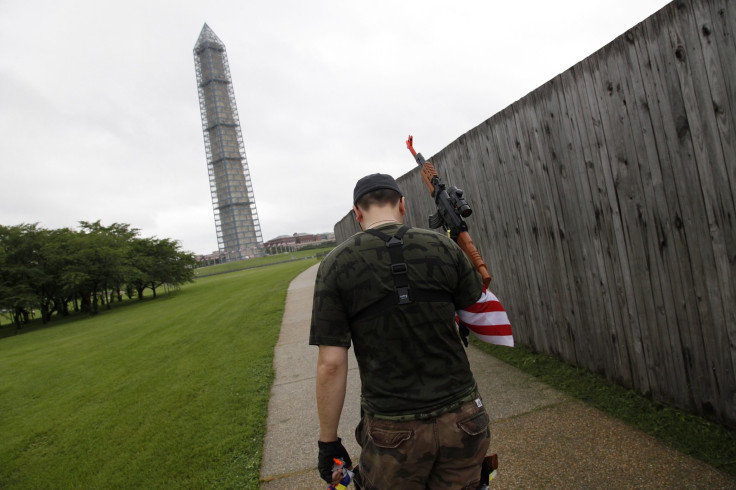One In 4 Injured Youth Report Owning A Gun; Assault Victims In Michigan Hospital Agreed ‘Revenge Was A Good Thing’

Nearly one-quarter of youth assault victims admitted to a Michigan public hospital report owning an automatic or semi-automatic firearm, a new study finds.
Researchers led by Dr. Patrick Carter of the University of Ann Arbor in Michigan surveyed 689 youths admitted to the ER of a Flint, Mich. public hospital. Ranging in age from 14 to 24, the people surveyed were all admitted for assault-related injuries. Just over 23 percent, or 159, said they owned or carried a gun.
"I think the surprise, if there is any here, is the numbers really are quite high," said Dr. Robert Sege of Boston Medical Center, who wrote a commentary published with the new report in the journal Pediatrics, and whose study also asked participants about their drug use and attitudes about fighting.
"We need to have a general sense that it's not okay for teenagers and young people to be walking around armed," he told Reuters Health.
The prevalence of firearms among American youth is not a new phenomenon. A decade ago, one study found that young people in the United States ages 15-24 possessed firearms at a rate more than 40 times the average of other wealthy nations.
Despite these substantially higher rates, the U.S. government has held steady in its legislation over gun ownership. In April, the Senate rejected a bill that would require gun owners to complete background checks before purchasing a firearm.
The majority of guns found in Carter's study, however, were owned illegally anyway. More than 80 percent said they obtained the gun from an illegal source, including family and friends, or through a cash purchase.
Gun ownership did not vary by race, although the group most likely to own a gun was wealthy men.
"In this specific community, which has high rates of violence, there are a lot of youth who have guns," Carter said.
"Teenagers need to have another way to deal with those feelings," Sege added.
Sege's sentiments express an apparently deeply held notion among those surveyed: retaliation was not only likely, but appropriate, too.
The researchers found gun owners were more likely than other members of the study group to use illicit drugs and to agree that "revenge was a good thing."
Both Carter and Sege agreed that hospitals are tasked with developing programs to inform the youth who enter suffering from assault-related injuries that an escape from a life of violence is possible. They also agreed that parents should take the appropriate measures to ensure any firearms in their possession are stored safely, separate from their ammunition.
"I would say to parents, talk to your kids about firearms and the dangers associated with firearms," said Carter. "And try to look at ways to prevent kids from getting involved in both substance use and violence."
Source: Carter P, Walton M, Newton M. Firearm Possession Among Adolescents Presenting to an Urban Emergency Department for Assault. Pediatrics. 2013.



























